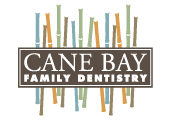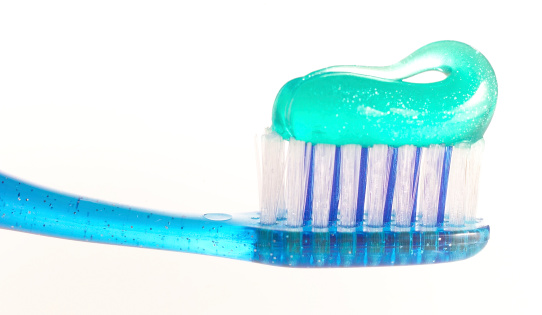Brushing your teeth is very important to maintain your oral health. Aside from keeping your teeth whiter, brushing removes debris left over from eating. They also remove plaque from your teeth that can cause decay and lead to cavities. In addition, the fluoride in your toothpaste protects the enamel on your teeth.
Brushing regularly also helps to maintain your gum health by removing bacteria that can cause gum disease such as gingivitis. The toothbrush you use, whether it is a manual brush or an electric brush, should also have a shape that works with the shape of your mouth. Some people have smaller teeth or mouths and a large brush may not work as well as one that has a smaller brush because it can reach areas that the larger brush may miss.
Don’t Brush Too Hard When You Brush
When you brush your teeth, you don’t have to apply a lot of pressure. The brush itself does the job. If you use too much pressure you may damage the enamel that protects your teeth from bacteria or decay. We recommend that you change your brush every two to three months, but that also depends on how you brush your teeth.
How Do You Know When To Change Your Brush?
When you examine your toothbrush, you should look at the bristles. Old brushes become frayed which makes them less effective. The bristles can also form different angles. This will make it more difficult for the bristles to get in between your teeth. When this happens, your toothbrush loses its effectiveness.
If you have a cold or the flu you should probably change your toothbrush as well. Though rinsing your brush well after each brushing should remove the bacteria from your cold, it can’t hurt to start using a new one.

